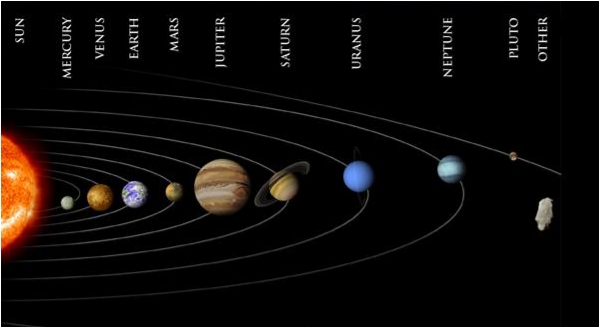It does but you would have thought considering how small it is, we wouldn't have any hidden surprises by now.
Just as an example of how large the solar system is, this is a scale image of the distance from the earth to the moon.

The distance between the earth and the moon (380,000km scaled down) in this image is about 19cm. If we included the sun in this image (149,000,000km away) this picture would need to be 73 metres wide.
If we wanted to include pluto in our little diagram, the ex-planet would be located 2.9km away. That's in a drawing at this scale. And that is only half of pluto's orbit. So if we add the other half in, a scale drawing, at this measly size, would be 5.8km wide (3.6 miles).
Now make that into a sphere with a 5.8km diameter. Reduce yourself to the size of the smallest virus and then imagine trying to survey all of that space.
The solar system does not look like this:


